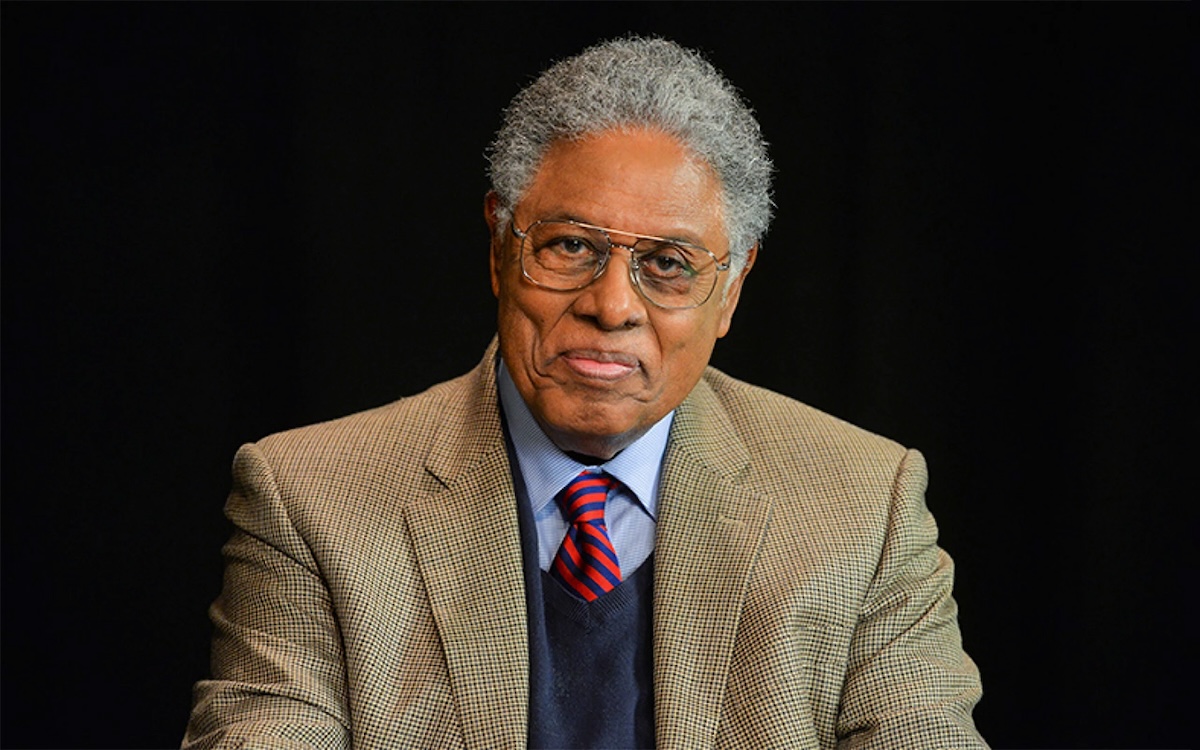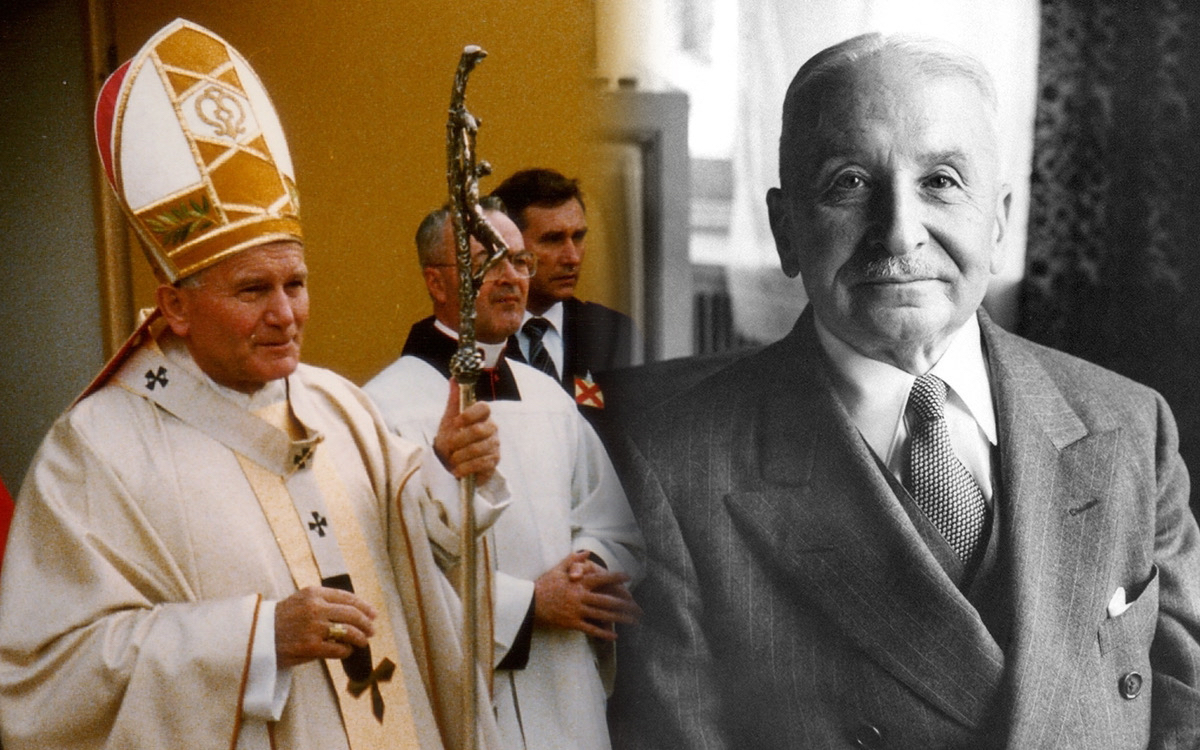March 07, 2024
The Fallacy of Fairness: Sowell’s Critique of Modern Social Justice
Officially retired and well into his 90s, Thomas Sowell shows no signs of intending to stop helping the world understand social questions at the intersection of politics and economics. The keys to comprehending the entirety of Thomas Sowell’s writings lie in three pivotal texts: Say’s Law, A Conflict of Visions, and Knowledge and Decisions. Continue Reading...









